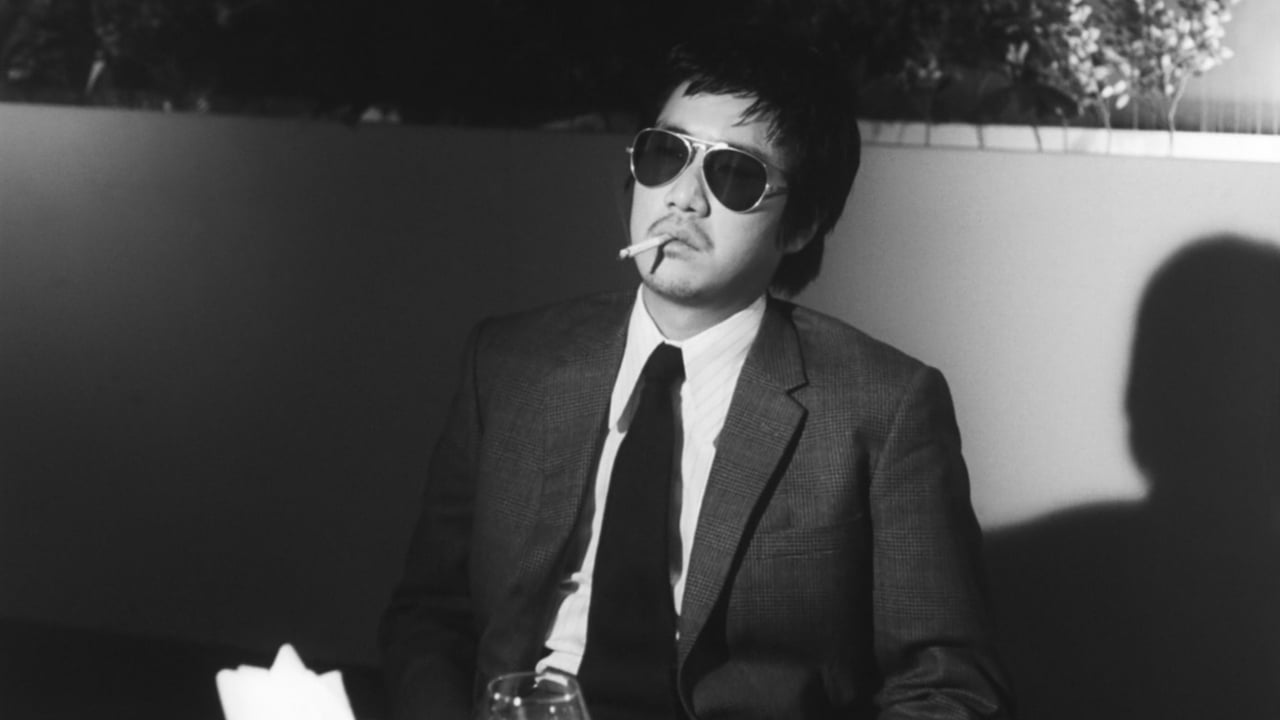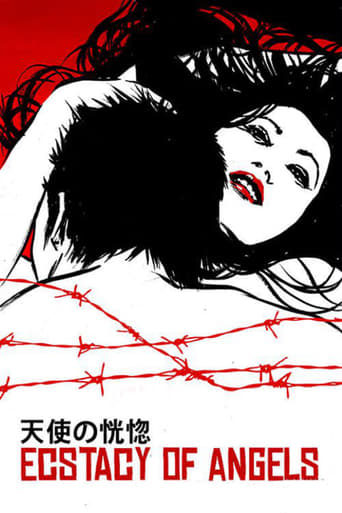



just watch it!
Clever and entertaining enough to recommend even to members of the 1%
View MoreBlistering performances.
.Like the great film, it's made with a great deal of visible affection both in front of and behind the camera.
View MoreA bunch of young Japanese terrorists named after weekdays follow the orders of a terrorist named after a month: October. They steal some boxes of bombs from a US Army warehouse (the sign in the movie actually says: weapon wearhouse). They are found by two US soldiers. There's a shooting. A bomb explodes in October's face. He is blinded but alive. That is the opening scene of the movie, after that the plot is quite thin for the rest the "story".The style of the movie is similar to Jean Luc Godard's early films but Koji Wakamatsu makes a film that has the actors reciting political slogans all throughout with random scenes of sex and violence. I am actually not sure if it was meant to be a serious film, but I actually found it quite funny and I enjoyed it as a Z grade pseudo philosophical porn terrorist comedy.Ecstasy of the Angels is definitely not a great film but it was interesting and funny.
View MoreKoji Wakamatsu's "Ecstacy Of The Angels" runs for a mere eighty-nine minutes. After it ended it felt more like eight nine hours. Wakamatsu, known as the "Pink Godfather" (no, don't ask me why), was a pioneer of the pinku eiga genre. I had never heard the name Wakamatsu before. According to the blurb in the festival guide, "Ecstacy of The Angels" is a parable about a revolutionary organization torn apart by betrayal, its members descending into paranoia, sadism and sexual decadence. It sounded like a plot from an early Godard film, only from a Japanese perspective. This sounded interesting, I thought. It was about as interesting as having a tooth extracted. The opening sequence, in black and white, is set in a nightclub. A female singer screeches absurd lyrics, while at a nearby table three men and a woman sit in silence. Pretty soon though, I couldn't figure out which revolutionary faction was which, and by that time I was beyond caring. The actors don't just speak their lines, the bellow them at each other, as if they were all auditory challenged. In the frequent sex scenes (which are about as erotic as two storefront mannequins coupling), they go through the motions of sexual congress while mouthing absurd platitudes about fighting for the revolutionary cause. Frankly, Wakamatsu is definitely no match for Godard. Which reminds me, I need to visit my dentist for a check up. It'll be less painful all round.
View MoreI found I liked this a little less than I did when first seen on video a few years ago. Perhaps it just shows what effect 9/11 and subsequent worldwide terrorist activities have had on our psyche. This remains a well put together, exciting and amusing tale of confused young fighters (for they know not what) on the streets of Tokyo late 60's. The pace and style of Wakamatsu's film making is infectious but the pain of events and concerns for safety have made it much more difficult to be sympathetic to lost youth taking it out on innocent people. It's a shame because this, almost Godard like, movie so full of vitality, could inspire many to take up the making of movies but instead one is now frightened that the vulnerable might be encouraged in their cowardliness to take out others for a bit of glory. A sad reflection of the times we find ourselves in. Good film though!
View MoreKoji Wakamatsu's treatment of this story is, compared to big budget filming, what guerilla warfare is to a full blown World War. Imagine seeing a hysterical comedy about idealistic terrorists betrayed by their leaders as written by Jean-Luc Godard, produced by David Lynch and directed by Gregg Araki: that gets you somewhere in the neighbourhood of what this picture is like. Untroubled by storytelling conventions Wakamatsu lets the thin thread that holds all scenes more or less together snap halfway through the film. His scenes of bloodcurdling violence are thrown at you with the gusto of a rabid modern painter. Visually brilliant and wonderfully over the top with some poignantly funny touches, this ranks as one of the most enthralling political nightmares ever printed on celluloid.
View More